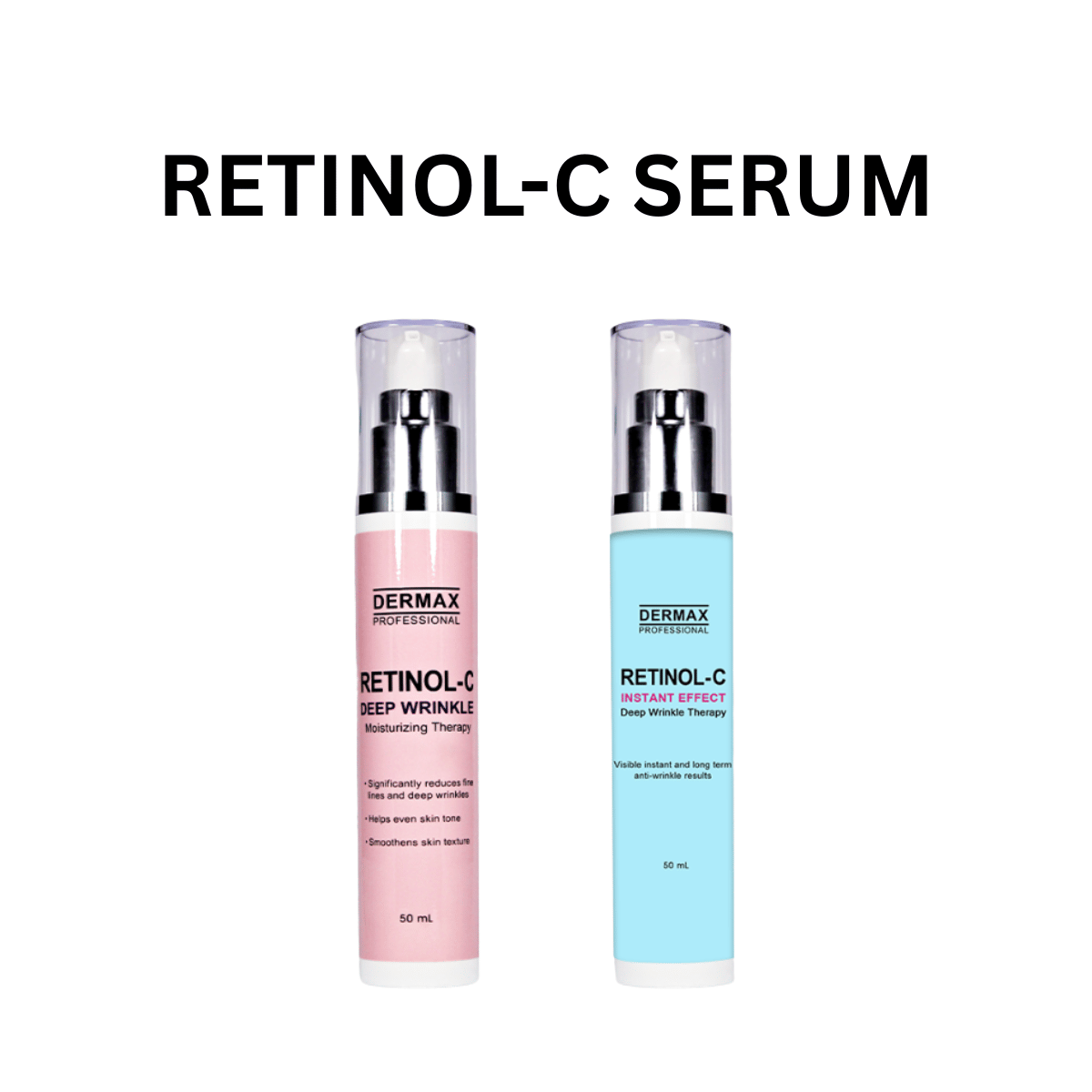THE MOST STUDIED ANTI AGING
Among skin care experts, Retinol and Retinoic Acid are the
holy grail of complexion boosters. They are the most studied anti-aging
ingredients, proven to reduce fine lines, diminish brown spots and control
acne. They also stimulate the production of new blood vessels in the skin,
which gives skin color the pinkish glow.They belong to the same family of retinoids which are
derived from vitamin A. Retinol is the over the counter version of retinoic
acid, popularly known as Retin A.
holy grail of complexion boosters. They are the most studied anti-aging
ingredients, proven to reduce fine lines, diminish brown spots and control
acne. They also stimulate the production of new blood vessels in the skin,
which gives skin color the pinkish glow.They belong to the same family of retinoids which are
derived from vitamin A. Retinol is the over the counter version of retinoic
acid, popularly known as Retin A.
DON’T USE EVERY NIGHT AT ONCE
When you are first starting to use Retinol C serum, you
should apply it just a few times a week. Start by using it twice a week. Add
one day a week, until you can apply it nightly with no side effects. This step
is important because it allows your skin to get accustomed to the ingredient,
resulting in a complexion that reaps only the benefits of Retinol-C serum
without developing inflammation.
should apply it just a few times a week. Start by using it twice a week. Add
one day a week, until you can apply it nightly with no side effects. This step
is important because it allows your skin to get accustomed to the ingredient,
resulting in a complexion that reaps only the benefits of Retinol-C serum
without developing inflammation.
RETINOL & VITAMIN C – PERFECT TOGETHER
Don’t believe the dated concept claiming that it’s not good
to combine retinol and vitamin C. The concern comes from a misguided premise on
their differences in pH and acidity. Acidity doesn’t deactivate retinol; after
all, skin’s pH is naturally acidic, and retinol naturally occurs in skin. Retinol actually works beautifully when paired with vitamin
C to defend skin against environmental assault. As an antioxidant, vitamin C
helps retinol work better by stabilizing it, extending its effectiveness.
to combine retinol and vitamin C. The concern comes from a misguided premise on
their differences in pH and acidity. Acidity doesn’t deactivate retinol; after
all, skin’s pH is naturally acidic, and retinol naturally occurs in skin. Retinol actually works beautifully when paired with vitamin
C to defend skin against environmental assault. As an antioxidant, vitamin C
helps retinol work better by stabilizing it, extending its effectiveness.
MOISTURIZE
As Retinol-C serum starts to work, cellular turnover is
enhanced and the skin will initially feel overly dry. It’s important to use
moisturizer like DERMAX Hyal-C Booster Serum to help ease dryness
and prevent irritation. Emollients can be applied after or even before
retinoids as well as at other times during the day.
enhanced and the skin will initially feel overly dry. It’s important to use
moisturizer like DERMAX Hyal-C Booster Serum to help ease dryness
and prevent irritation. Emollients can be applied after or even before
retinoids as well as at other times during the day.
AVOID DRYING AGENTS
Avoid soaps and skin care products with sulfates or alcohol.
Use gentle soap substitutes, like DERMAX So Gentle Facial Gel Cleanser
which will cleanse the skin without stripping it of its natural oils and
moisture.
Use gentle soap substitutes, like DERMAX So Gentle Facial Gel Cleanser
which will cleanse the skin without stripping it of its natural oils and
moisture.
AVOID BENZOYL PEROXIDE
Benzoyl peroxide, a popular anti-acne product, can
deactivate Retinol. Benzoyl peroxide is a powerful anti-microbial that can
oxidize retinol and make it less effective.
deactivate Retinol. Benzoyl peroxide is a powerful anti-microbial that can
oxidize retinol and make it less effective.
ALWAYS WEAR SUNSCREEN
While you should be wearing sunscreen regardless of whether
you’re using Retinol-C serum or not, it’s especially important for retinoid
users. With the increased skin cell turnover, sun sensitivity is increased. Two
good options are the DERMAX UV MILK and DERMAX 360° Sunscreens.
They are both fragrance-free and noncomedogenic, making them safe for
sensitive-skin users.
you’re using Retinol-C serum or not, it’s especially important for retinoid
users. With the increased skin cell turnover, sun sensitivity is increased. Two
good options are the DERMAX UV MILK and DERMAX 360° Sunscreens.
They are both fragrance-free and noncomedogenic, making them safe for
sensitive-skin users.
STICK TO THE ROUTINE
As with most skin care regimen, Retinol C serum won’t work
overnight. With the skin dryness and possible irritation, it can sometimes feel
like your skin has gotten worse. If this is the case, don’t give up. It usually
takes 3 to 6 months of regular use to notice the benefits of using Retinol C
serum. So stick to your Retinol-C serum routine for the first few months.
You’ll be glad you did.
overnight. With the skin dryness and possible irritation, it can sometimes feel
like your skin has gotten worse. If this is the case, don’t give up. It usually
takes 3 to 6 months of regular use to notice the benefits of using Retinol C
serum. So stick to your Retinol-C serum routine for the first few months.
You’ll be glad you did.





